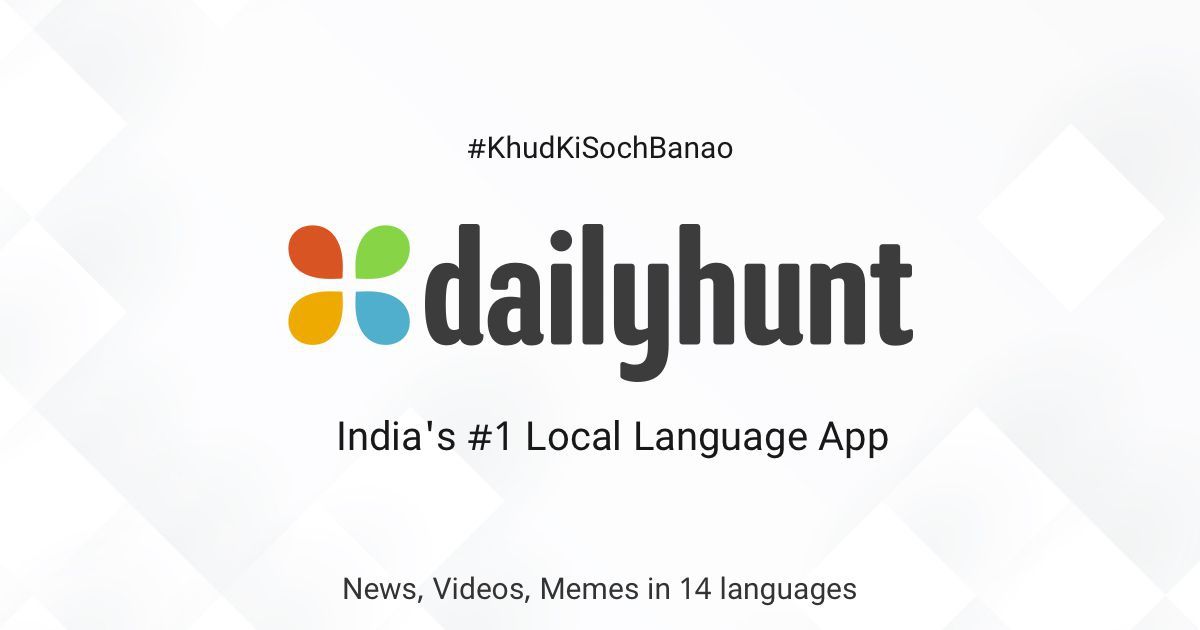Introduction
Booking.com is the largest online travel company in the world. Booking Holdings Inc. is the parent company of sites including Priceline, Booking, Agoda, Kayak, OpenTable, and RentalCars. The Business model of Booking.com involves its business plan, revenue model, its competitor, SWOT Analysis and many more.

Booking.com’s purpose is to make travelling across the world more accessible to everyone by investing in technology that removes the friction from travel. Booking.com connects millions of visitors to unique experiences, a variety of transportation options, and fantastic places to stay – from houses to hotels and more. It has become the world’s leading digital travel company.
Business Plan
The major portion of booking.com revenue come from agency business model which includes the commission business model. It bought Booking.com on the cheap, for cash, and turned it into a vital part of the core business.
Booking.com’s tourism marketing strategy on social media has helped it build a strong presence online and connect with travelers worldwide. The company has also used social media to drive bookings and grow its business.
Revenue Model
Booking.com has listings over 228 countries and serves a wide range of customers. Booking.com acts like a travel agency and charges commissions and booking fees on reservations made through their platform directly with other travel companies. It has successful advertising campaigns which have helped the company grow its revenue.
Booking.com sometimes acts as the merchant in a travel transaction. In this case, the customer buys a travel package and the money goes directly to Booking.com, which then passes that money along to the travel company. It runs a series of travel sites where people can research and book travel options.
Competitors
- Expedia group
- Hotels.com
- EaseMyTrip
- Airbnb
- Hotwire
- Travelocity
- Orbitz
SWOT Analysis
Strengths
- Booking Holdings is Backing: One of the best American travel technology companies Booking Holdings operate the technological part of booking.com. Booking Holdings are already holding the operations of some of the biggest travel booking sites including Priceline, Agoda, Cheapflights and many more.
- Customer Service: Booking.com takes a customer-centric approach to its business. All consumer feedback and criticism is taken seriously by the company, and it is instantly implemented in its business procedures and design. This makes customers feel valued and included in the company’s culture, which enhances their bond with the brand.
- Robust Employee Training: Booking.com has also established training for all of its workers to familiarize them with the company’s customer service procedures. Employees benefit from the training since it helps them improve their abilities and prepares them for smooth client encounters.
- Good Returns on Capital Expenditure: Booking.com has a solid track record of completing new initiatives and generating good returns on investment by establishing new revenue streams.
- Affordable Hotels: With the world’s growing hospitality industry, customers can easily book any hotel under Booking.com for a minimum charge of Rs. 3,000 to Rs. 5,000. This provides customers with complete hotel facilities with no interruptions.
- Range of Hotels: Booking.com delivers a variety of hotels enclosing mid-market to the upscale market.
- Facilities & Services: It can be difficult to find a suitable hotel with fresh toiletries, clean rooms, and affordable basic breakfast service. Finding this at a reasonable price is always difficult for the middle-class and this is where Booking.com comes into play.
Weaknesses
- Unwilling to Convince: Reluctance in customers or clients to use the internet for financial transactions like booking tickets online.
- No Direct Customer Interaction: No direct customer-seller interaction due to this sometimes fraud data can be spotted on websites.
- Significant Losses: It has suffered significant losses in recent years, but with advances in technology they employ and their services, Booking.com is regaining ground.
- Difficulty in On-ground Operations: Developing strong on-ground operations is critical in this sector to provide a consistent experience for customers.
Opportunities
- Sustainable Stay: Customers of Booking.com in the Indian market are looking to stay at hotels with sustainable accommodation and Booking.com is working on recommending sustainable hotels on their application and website by providing a badge of credibility to such hotels.
- Budget Hotel Segment: Booking.com should make its presence in the budget hotel segment because there is an increasing demand for budget hotels in India. Due to frequent travels of officials.
- Full Utilization of Internet: Utilization of the internet to display hotels, offer visibility, presence, marketing and distribution. Showcasing affordable hotels which are an ideal option for a weekend stay will increase the bookings at Booking.com.
- Business Class: There is a surge in the number of business travelers in India. This is where Booking.com can launch their business suit for entrepreneurs who are looking for luxury stay and accommodation at their respective destinations.
- Tie-ups With Travel Partners: Booking.com can tie up with bus travel businesses such as redBus. So that if redBus is promoting a group tour then Booking.com can work as an accommodation partner for that tour.
Threats
- Increasing Competition: Booking.com competes in the hyper-saturated market of mid-tier hotels and faces fierce competition from MakeMyTrip and FabHotels. Even though they have a strong presence in the industry, they are dwarfed by the revenue of their competitors.
- Customer Expectations: Due to increasing options of online hotel booking, customers are more possessed to urge online budget hotels with all the facilities at low prices. This habit of customers has affected the revenue generation of Booking.com.
- Criticism & Controversies: Booking.com has been in several allegations and controversies which dissolve the brand image of Booking.com. Controversies and forced actions such as leak of customers’ data, disputes with hotels, prohibitions against offering lower rates in Swedish and Italian countries to grow travel agents business are some of the many.
- Services By Competitors: The hospitality experience by Booking.com cannot match the level of existing market leaders. Competitors such as Oyo Rooms are deliberately capturing the market with their premium hotel segment.
- Safety Concerns: After a pandemic, people who stay in hotels are more likely to stay in a sanitized and safe hotel. A careless step from hotel partners will create a negative image of Booking.com as an unsafe stay and could face some legal action and cases from customers.
Conclusion
Booking.com is a travel fare aggregator website and travel metasearch engine for lodging reservations. It is owned and operated by Booking Holdings, the largest online travel company globally.




